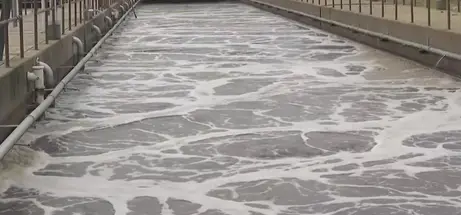The budgeting process for the fiscal year 2025 has officially commenced, with the Sitka Assembly delving into the city’s financial planning during its meeting on February 29. High on the agenda were discussions around the city’s enterprise funds and the proposal of utility rate increases across various services, aimed at addressing the city’s evolving financial needs and infrastructural demands.
In a detailed review, city staff put forward recommendations for a series of rate hikes across utility services. The proposed increases include a 4% rise in water utility rates, a 7.5% increase for wastewater services, another 4% upswing for solid waste, and a similar 4% rise for harbor services. These adjustments are seen as essential steps in ensuring the sustainable operation of Sitka’s critical infrastructure and services.
A significant announcement came regarding the city’s electric fund, which, in a departure from the trend, will not experience a usage rate increase this year. This decision comes on the heels of a $2 million grant awarded to the city, allowing it to forego the usual rate hike. However, some adjustments are on the horizon for the flat base rate on electric bills, marking the first change of this nature since 2016. This adjustment follows a cost of service study commissioned by the city, which highlighted the increased service costs for certain customer segments, particularly those residing on remote islands.
Municipal Administrator John Leach pointed out the financial imbalance caused by servicing high-cost areas, sharing an example of a substantial repair on a remote island nearing $100,000, which starkly contrasted with the lifetime utility payments from the property in question.
On the topic of wastewater services, the assembly considered diverging from the staff’s recommendation, proposing a higher rate increase of 8.25% to address the financial strain imposed by new federal mandates, including the installation of an expensive disinfection system. Mayor Steven Eisenbeisz voiced concerns over the fund’s financial health and the necessity of a higher increase to safeguard against potential insolvency.
Looking ahead, the fiscal year’s budget also allocates for two new full-time positions aimed at bolstering the city’s infrastructure maintenance and management capabilities: a harbor maintenance role and a manager for the new secondary filtration plant at Blue Lake. Assembly member Kevin Mosher underscored the importance of these positions while also noting the challenges in filling these roles amidst nearly 30 existing vacancies within the city’s workforce.

